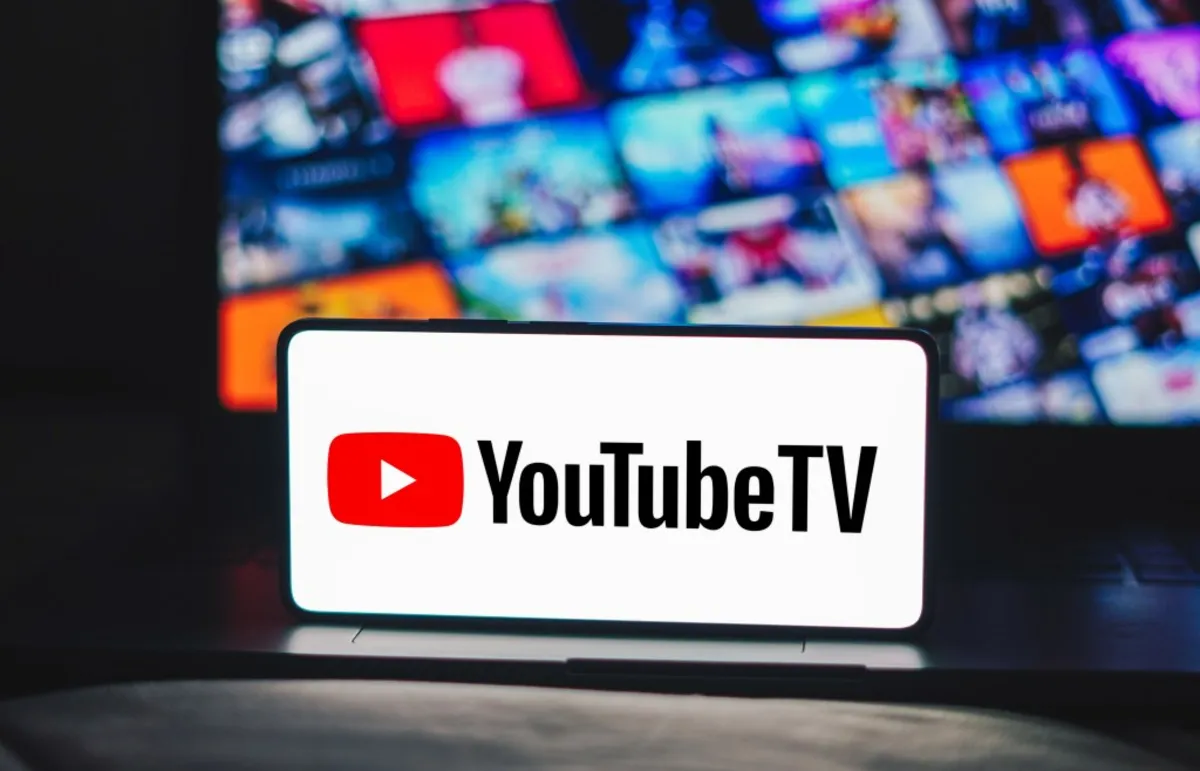
In recent negotiations, Disney has faced criticism for being “unnecessarily aggressive and assertive” in its discussions with YouTube TV. This assessment comes from a YouTube executive who, due to the sensitive nature of the negotiations, requested anonymity while sharing their insights. The executive highlighted that Disney holds an “antiquated view” of the economics surrounding pay-TV, which has led to significant conflicts between the two companies.
As a result of the ongoing negotiations, several major Disney networks, including ABC and ESPN, went dark on YouTube TV last Thursday night. This blackout left 10 million subscribers without access to popular programming such as college football and other major sports events. The situation escalated on Friday when Disney Entertainment co-chairs Dana Walden and Alan Bergman, along with ESPN chairman Jimmy Pitaro, accused YouTube TV of attempting to “eliminate competition” and “devalue the very content that helped them build their service.”
Since its inception in 2017, YouTube TV has aimed to “super-serve the consumer” by delivering a bundle of channels in a streaming format, free from the complexities of traditional pay-TV. The YouTube executive noted that the company was motivated by a desire to establish positive relationships with media companies and broadcast partners, especially following a previous contentious situation with Viacom that ended in a $1 billion lawsuit.
However, YouTube's commitment to innovation has led to multiple clashes with traditional media companies, including four notable carriage disputes in 2025 alone. For instance, TelevisaUnivision has been offline on YouTube TV since late September, illustrating the ongoing challenges in these negotiations.
The YouTube executive expressed concerns over Disney's expectations for steep increases in carriage fees, especially considering that many of Disney's networks are experiencing “flat-ish” viewing numbers on YouTube TV. While acknowledging that certain aspects of Disney's sports portfolio perform well, they pointed out that many channels are witnessing declining or negligible viewership.
The executive argued that Disney maintains an outdated perspective that customers should pay for the entire channel portfolio, despite the shifting landscape of content consumption. In just eight years, YouTube TV has risen to become the No. 3 pay-TV provider and is on track to surpass Comcast and Charter.
As these carriage discussions unfolded, Disney announced the closing of its acquisition of Fubo, which now adds 6 million subscribers across Fubo and Hulu + Live TV to its portfolio. However, a Disney executive involved in the negotiations refuted claims that the company is using Fubo and Hulu Live as leverage in discussions, asserting that YouTube TV is “intentionally misrepresenting the situation.”
Disney's approach to pricing has also come under scrutiny, with the Disney executive arguing that the company has offered genre-based services that “lower consumer costs.” They noted that during negotiations, YouTube often conveys indifference toward potential subscriber losses, confident in its other platforms.
The current blackout isn't the first time Disney and YouTube TV have faced challenges in reaching an agreement. Previous disputes occurred during negotiations in 2021, as well as with Sling TV in 2022, Charter in 2023, and DirecTV in 2024. The battle with Charter, which resulted in a significant 10-day blackout, ultimately led to a transformative agreement that adjusted linear network carriage while enhancing Disney+ and Hulu offerings.
Highlighting the Charter situation, the YouTube executive emphasized that while the environments differ, they remain committed to partnering with Disney to expand its streaming portfolio. This is particularly important as ESPN's recently launched service, offering an Unlimited tier with over a dozen linear networks and content from the 7-year-old streaming platform ESPN+, becomes a strategic focus for Disney.
Despite the complexities surrounding these negotiations, the YouTube executive expressed optimism about collaborating with Disney to grow its service and enhance content offerings, indicating that discussions about investing in ESPN's growth are ongoing.